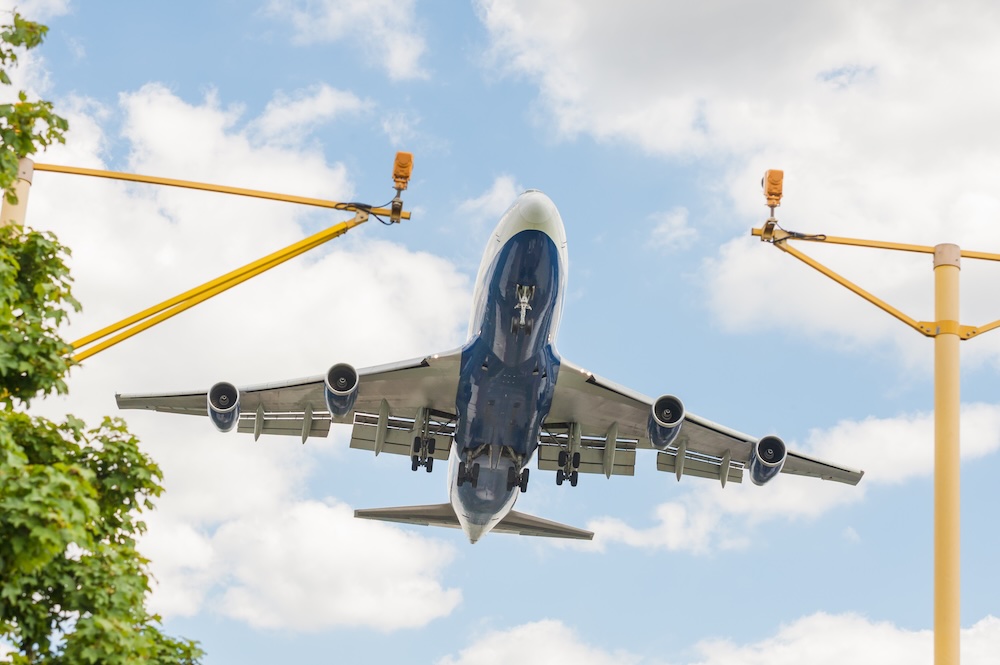A Spanish Air and Space Force A330 carrying Defence Minister Margarita Robles experienced a GPS disturbance on Wednesday, 24 September, while transiting airspace over Russia’s Kaliningrad exclave on its way to Lithuania, Spain’s defence ministry said. The flight continued safely and the incident had no operational impact.
According to Spain’s initial account, the interference occurred during the aircraft’s approach to Lithuanian airspace on a routine ministerial trip to Šiauliai air base. The crew reported an attempt to disrupt satellite navigation but maintained course using alternative procedures and military-grade guidance. Spanish officials characterised such interference in the Baltic region as a known phenomenon and said the aircraft was equipped to mitigate it.
Robles is visiting Lithuania for meetings with her counterpart, Defence Minister Dovilė Šakalienė, and to see Spanish personnel deployed to NATO missions. Šiauliai hosts allied air policing and rotations from NATO members; Spain regularly contributes aircraft and crews to these Baltic deployments.
Reports of satellite navigation (GNSS) interference have increased across the Baltic and adjacent regions since 2022. Aviation and maritime operators around Kaliningrad, the Lithuanian coast and parts of Poland, Finland and Sweden have reported signal degradation, jamming and occasional spoofing events affecting civil and state flights. Independent monitoring indicates that disruptions traced to several Russian locations—including Kaliningrad—have affected numerous airlines operating over the area.
The incident involving the Spanish minister follows other high-profile cases this month. Earlier in September, the European Commission confirmed that President Ursula von der Leyen’s plane suffered GPS disruption while approaching Plovdiv, Bulgaria, with officials and analysts linking the disturbance to suspected Russian electronic warfare activity. Bulgarian and EU authorities said crews reverted to conventional navigation aids to land safely.
Lithuanian authorities have highlighted a broader electronic threat environment on NATO’s eastern flank. On 23 September, Lithuania authorised its armed forces to shoot down unauthorised drones violating national airspace, citing recent incidents and the need for faster response mechanisms. The measure expands the tools available to the defence leadership in the event of incursions or electronic disruption linked to unmanned systems.
Technical assessments published over the summer identified likely sources of GNSS interference along Russia’s Baltic coastline, with triangulation placing emitters near known military sites in Kaliningrad. Analysts say these capabilities can degrade or deny GNSS signals across broad areas, intermittently affecting aircraft and ships and, in some cases, causing cascading avionics faults that persist beyond the most affected zones.
European legislators and agencies have opened discussions on counter-jamming resilience for aviation and maritime sectors. The European Parliament scheduled a debate this month on satellite interference risks, while industry bodies and researchers have urged wider adoption of multi-constellation receivers, inertial backups and anti-jamming techniques to reduce operational exposure.
For airline and state operators, GNSS interference typically triggers standard procedures: crews cross-check with inertial reference systems, radio navigation beacons and air traffic control guidance; they may also switch to contingency routings. Authorities advise that while GNSS is integral to modern flight management and surveillance (including ADS-B), aircraft retain certified alternative navigation methods precisely for such contingencies. Previous incidents affecting state flights—such as a 2024 episode involving a UK defence minister’s aircraft near Russian territory—were managed using these measures.
Wednesday’s disturbance did not alter the Spanish delegation’s schedule. Robles was expected to proceed with planned engagements in Lithuania, including discussions on regional security and NATO air policing. Lithuanian officials have repeatedly called for reinforced air defence and electronic warfare resilience among allies, citing increased cross-border pressure and drone incidents in recent months.
While attribution for individual interference events can be complex, the concentration of reports in and around the Kaliningrad area has led regional governments and independent observers to focus on Russia’s electronic warfare posture as a persistent operational factor. The Spanish case adds to a documented pattern of GNSS disruptions affecting both civil and state aircraft transiting the Baltic region.
Baltic–Nordic report: Russian GNSS interference disrupted almost 123,000 flights in four months


